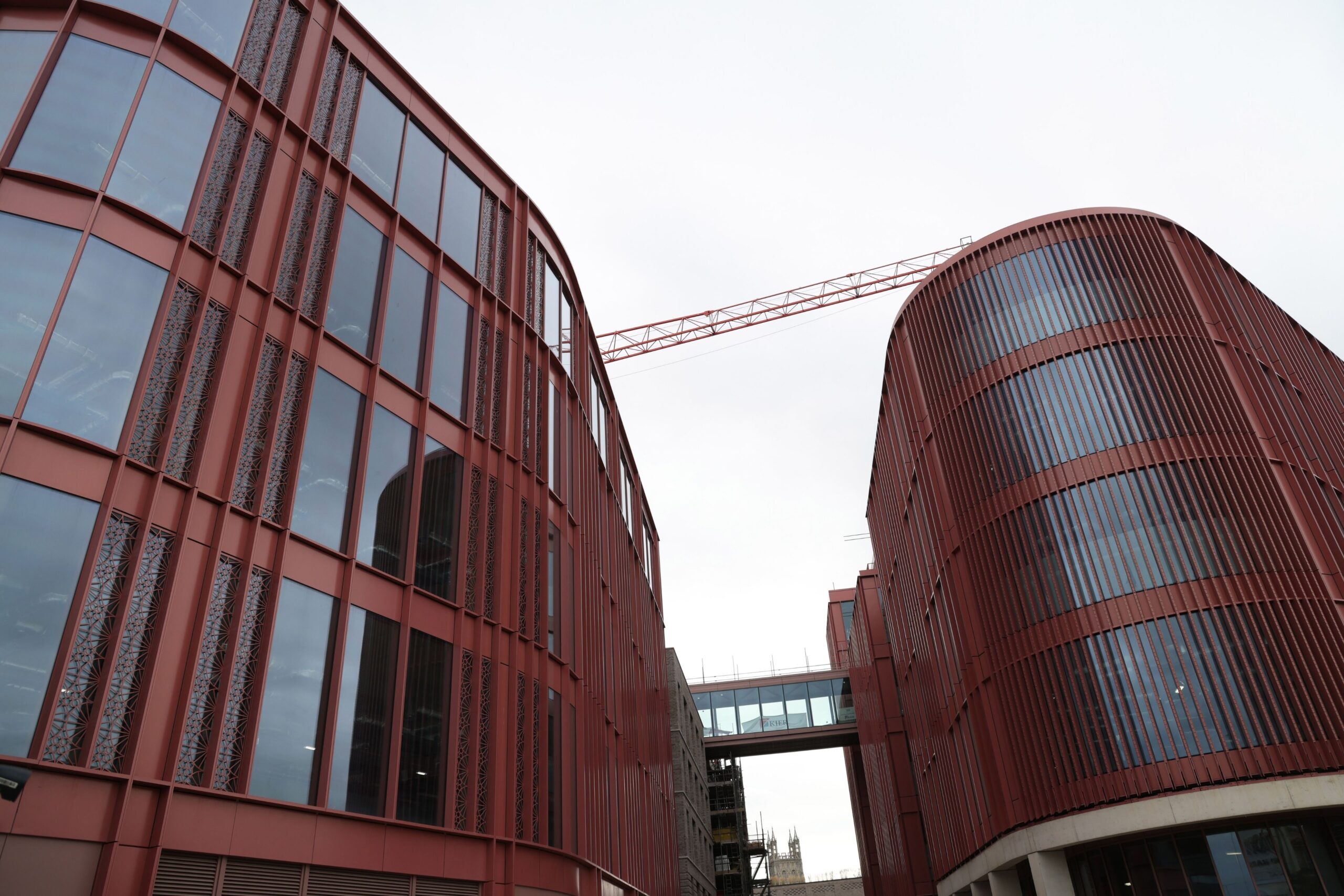As more and more businesses introduce mandates to push for a return to in-person working, a Commercial Property expert from national chartered surveyor, Bruton Knowles has cautioned that employees may leave if the office space fails to adapt to their needs and expectations
Over the last few months, the requirement for office attendance for UK businesses has increased, with 75% of UK companies now mandating in office working for a minimum of three days per week.
However, a recent study, conducted by the British Standards Institution (BSI) and Respublica [1]revealed that half of those who entered the workforce since the start of the COVID-19 pandemic, named the ‘hybrid generation’, would consider quitting if their employer enforced a mandatory return to the office.
In response, Dorian Wragg, Partner and Head of Commercial Property at Bruton Knowles, advises property owners to create a ‘home away from home’ that caters to the needs of hybrid workers.
He comments: “In recent years the definition of an effective office space has changed and in order to attract the hybrid generation back, traditional workplaces must evolve.”
Since the pandemic began, approximately 200 million people have joined the global workforce, many of whom have never experienced the traditional, daily office commute. When it comes to attracting this new generation of workers, a reimagined office environment could be key to making that transition both appealing and sustainable for employees.
Dorian continues: “There’s a clear shift away from outdated, period-style office buildings that no longer meet modern needs. Enclosed, cellular layouts are falling out of favour, with today’s workforce seeking open-plan, airy environments that promote transparency and connectivity. Spaces that combine dedicated work areas with breakout zones and social spaces are redefining the office as a ‘home away from home’ and a place where workers want to be.
“Car parking availability is another key factor in encouraging staff back to the office. Many employers want to make the transition easier by reducing reliance on public transport, but modern buildings often fall short in providing sufficient parking. It’s a challenge the industry is actively working to resolve.
“Many businesses are rethinking how office space is used by integrating leisure facilities, such as cafés, gyms, and even bars—into the work environment. This focus on social and recreational areas creates a more inviting atmosphere, making the office space more appealing. It’s a modern take on the idea of a ‘home away from home’.”
Gloucester is an example of major growing success in the office market, headed up by major commercial developments like The Forum at its forefront, the prominent city centre property providing 97,707 sq ft of modern office space spread across two main buildings.
Dorian managed the letting of the entire Cathedral 2 building at The Forum to internet service provider, Fasthosts Internet Ltd, which saw over 250 employees move to the one location, in turn invigorating the city centre.
He comments: “When it comes to office space good design is not enough, new workplaces and living spaces must have energy, be vibrant and relevant and The Forum is a prime example of this. Combining recreational spaces such as gyms, retail outlets and restaurants, with workspace and a creative hub, the development provides a balanced workplace, a hybrid model in an area that defines mixed use at its best.
“The building offers a sustainably constructed, modern, well-equipped workspace that has provided the Fasthosts team with a productive and collaborative environment, with great amenities.”
As the sector navigates the challenge of encouraging staff back into offices, it is expected that multipurpose spaces will pave the way to success. Dorian concludes: “As we move further into 2025, the office is continuing to evolve into a more flexible, purpose-driven space.
“As companies look to bring workers back into the office, they must redesign their spaces to foster connection and reflect their values. From smart technology and biophilic design to quiet zones and community hubs, the office of 2025 is about creating an experience that brings people together.”
Bruton Knowles, one of the UK’s most well-known chartered surveyor brands, brings extensive expertise to the Utilities & Infrastructure sector. With its National Teams – Valuation, Commercial, Utilities & Infrastructure – supported by Building Consultancy, Land and Development, and Rural Service Teams, Bruton Knowles offers a seamless, high-standard approach to delivering complex client projects.
[1] Junior workers expect more pay for onsite roles and want ‘best of both’ working styles | BSI
